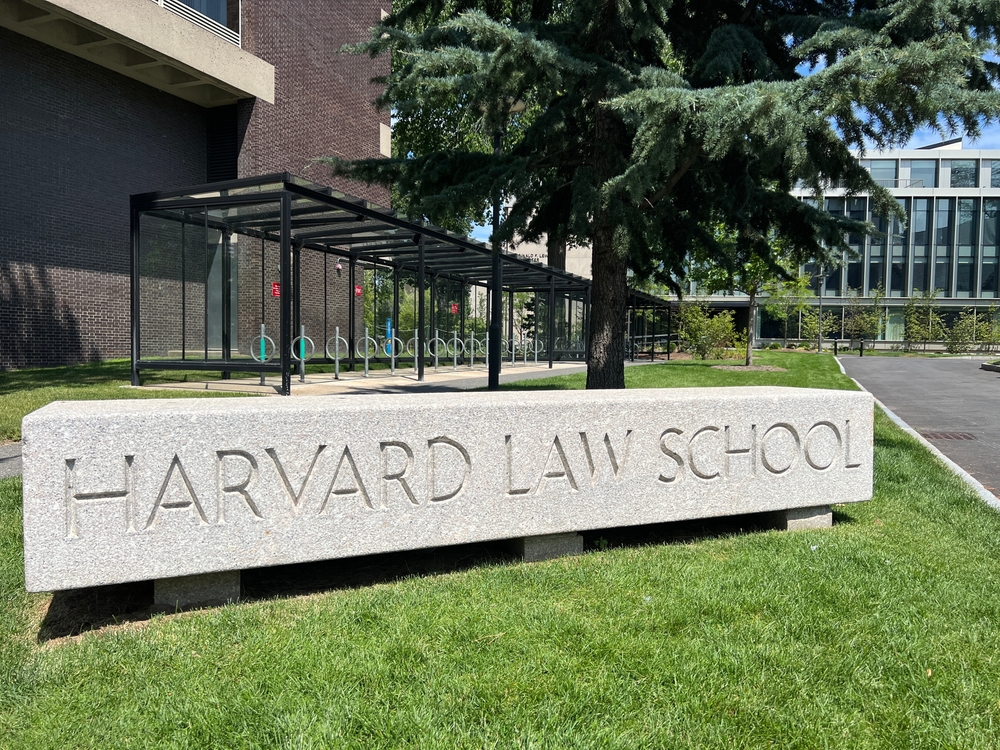Recently, a student from Harvard Law School, Naod Nega, was charged with a hate crime following an attack on one of his fellow students. The 27-year-old student, on leave from the law school, was charged with assault and battery to intimidate, with bodily injury.
According to law enforcement, Nega reportedly threatened students on campus with a baseball bat and used homophobic slurs. He allegedly punched a law student in an unprovoked attack and intimidated them due to their sexual orientation.
As the situation escalated, Cambridge police officers arrested Nega at a local hospital where he was treated as a patient. During his stay, he allegedly assaulted at least five hospital employees and used racial slurs, leading to concerns for public safety. He was immediately transported to Cambridge District Court for arraignment on January 27th.
Nega has pleaded not guilty to the charges and was ordered to undergo treatment and evaluation at a local hospital. He is set to return to court for a status hearing on February 16th.
The recent incident at Harvard Law School highlights the importance of addressing hate crimes and their negative impact on the affected individuals and communities. Hate crimes not only harm the direct victims but also send a message of fear and intolerance to entire groups of people.
The legal system takes hate crimes very seriously and imposes severe penalties on those who engage in such acts. The hate crime charges against Naod Nega demonstrate the commitment of law enforcement and the court system to protecting all individuals, regardless of their race, sexual orientation, or other personal characteristics.
It is essential that everyone, especially members of vulnerable communities, feel safe and secure in their daily lives. The legal system is here to protect everyone’s rights and ensure that justice is served.
The incident also raises questions about the availability of mental health resources for individuals struggling with intolerance and hate. The need for mental health support for individuals who engage in hate crimes cannot be overstated, as addressing these underlying issues is critical to preventing similar incidents in the future.
In conclusion, the recent attack at Harvard Law School serves as a reminder of the ongoing need to address hate crimes and to work towards creating a more inclusive and accepting society for all individuals. The legal system will continue to play a vital role in this effort, holding those who engage in hate crimes accountable for their actions and protecting the rights of all individuals.

